UN climate chief warns of leadership vacuum
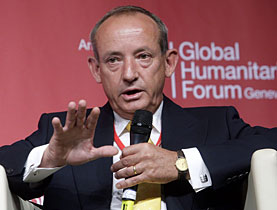
International talks on a new deal to tackle global warming face a "criminal" lack of leadership, warns a top UN climate official.
Yvo de Boer, executive secretary of the United Nations Framework Convention on Climate Change, told swissinfo he was disappointed with the slow pace of progress towards a new climate deal and said clarity was needed on mid-term targets.
De Boer is entrusted with helping the world’s governments move beyond the Kyoto Protocol and agree on a new action plan to fight global warming.
He was one of 300 top officials at a two-day meeting organised by the Geneva-based Global Humanitarian Forum. The meeting was aimed at addressing the “human face of climate change” and discussing adaptation strategies.
During a panel session, de Boer accused world leaders of “an unbelievable – almost criminal – lack of leadership” and urged heads of state to put more pressure on their negotiators.
Ideas resulting from the meeting will be fed into discussions leading up to the critical post-Kyoto climate conference in Copenhagen in December 2009.
swissinfo: To what extent are industrialised countries taking responsibility for climate change?
Yvo de Boer: Not nearly enough. Greenhouse gases stay in the atmosphere for a long time – in many cases more than 100 years – and nearly all the greenhouse gases that are up there were put there by industrialised countries.
So, there is a very strong historic responsibility on the part of rich nations for this problem, and then if you look at what we have in place to deal with it, at the moment that’s only the Kyoto Protocol, which is only leading to a five per cent emission reduction against 1990 levels.
The United States is not a party to the protocol and, at the same time, the scientific community is telling us that we need to reduce global emissions by 50 per cent by the middle of the century. Five per cent is not close to 50 per cent.
Although I’m very disappointed that the G8 cannot deliver on a mid-term [2020] target, I do believe that we need absolute clarity on that by the time we get to Copenhagen, otherwise we are not going to solve this problem.
The G8 group of countries has to show strong leadership by taking on ambitious targets to limit emissions and ambitious programmes for developing countries.
Rich nations have to put real money on the table for adaptation, mainly through the Convention process… we should be talking in the order of hundreds of millions of dollars every year just to begin with.
swissinfo: China and India are not required to meet specific targets under Kyoto. Should this change under a future protocol?
Y. d.B.: It’s clear from the science that we also need the big developing countries – China, India, Brazil, Korea, Mexico and South Africa.
China and India are already engaged, and all the countries of the world already under the Convention and the Protocol have the obligation to take action to limit their emissions.
But those agreements specify that developing countries should receive finance and technical assistance to help them to do that because their overriding concern is poverty eradication and economic growth and you don’t see enough of that support being provided.
So, the challenge in a future regime is going to be, on the one hand, to come to ambitious emission reduction targets for rich nations, and to put in place the instruments that will make it possible for developing countries to engage further.
swissinfo: The world’s top polluter – the US – has not signed up to Kyoto, saying it’s flawed. Do you envisage a change of tack under a new government?
Y. d.B.: I think that, whoever wins the election, we will see a very strong engagement of the US in an international climate-change regime.
But we have to remember that many of the reasons why the US originally rejected the Kyoto Protocol are as relevant today as they were then. So, we have to work very diligently with the Americans to make sure that we design a regime that the US will want to be part of.
swissinfo: What was your overall impression of the first annual meeting of the Global Humanitarian Forum?
Y.d.B: I think the equity aspect of climate change is very important. It’s crucial to emphasise how this is affecting the poorest communities around the world.
Climate change has become a rather technocratic discussion…and a forum like this one can help highlight how climate change is affecting poor people. But at the same time I would be concerned if the search for the perfect definition of equity becomes a reason to delay action.
swissinfo-interview: Julie Hunt and Simon Bradley in Geneva
In a report issued last year, scientists from the United Nations Intergovernmental Panel on Climate Change (IPCC) said it was “very likely” – or more than 90 per cent probable – that global warming was man-made.
The report predicted a “best estimate” that temperatures would rise by between 1.8-4°C in the 21st century, within a likely range from 1.1-6.4°C.
The study projected a rise in sea levels of between 28-43cm in the 21st century.
Another IPCC report said that a warming world would place hundreds of millions of people at greater risk of food and water shortages and threaten the survival of thousands of species of plants and animals.
Floods, heat waves, famines, storms and droughts are all expected to increase, with people in poorer countries suffering the worst effects.
1992: Rio Earth Summit: adoption of UN Framework Convention on Climate Change.
1997: Adoption of Kyoto Protocol in Japan, the first accord with specific measures to combat climate change.
2005: The Kyoto Protocol becomes a legally binding treaty in February after being ratified by 130 countries. (178 countries have now ratified it.)
2005-6: Kyoto follow-up meetings held in Montreal and Nairobi.
2007: An international meeting is held in Bali, Indonesia, from December 3-14. A process was agreed for a broader climate pact by 2009 to replace or upgrade the Kyoto Protocol, which expires in 2012.
2008: Bangkok talks are held to move forward a “roadmap” adopted in Bali on negotiations on the new deal. Three sessions are planned during the year – in Bonn in June, in Accra, Ghana in August, again in Poznan, Poland, in December.
2009: At least four more major conferences were scheduled for 2009, concluding in a post-Kyoto UN Climate Change Conference to be held in Copenhagen, Denmark in December.

In compliance with the JTI standards
More: SWI swissinfo.ch certified by the Journalism Trust Initiative
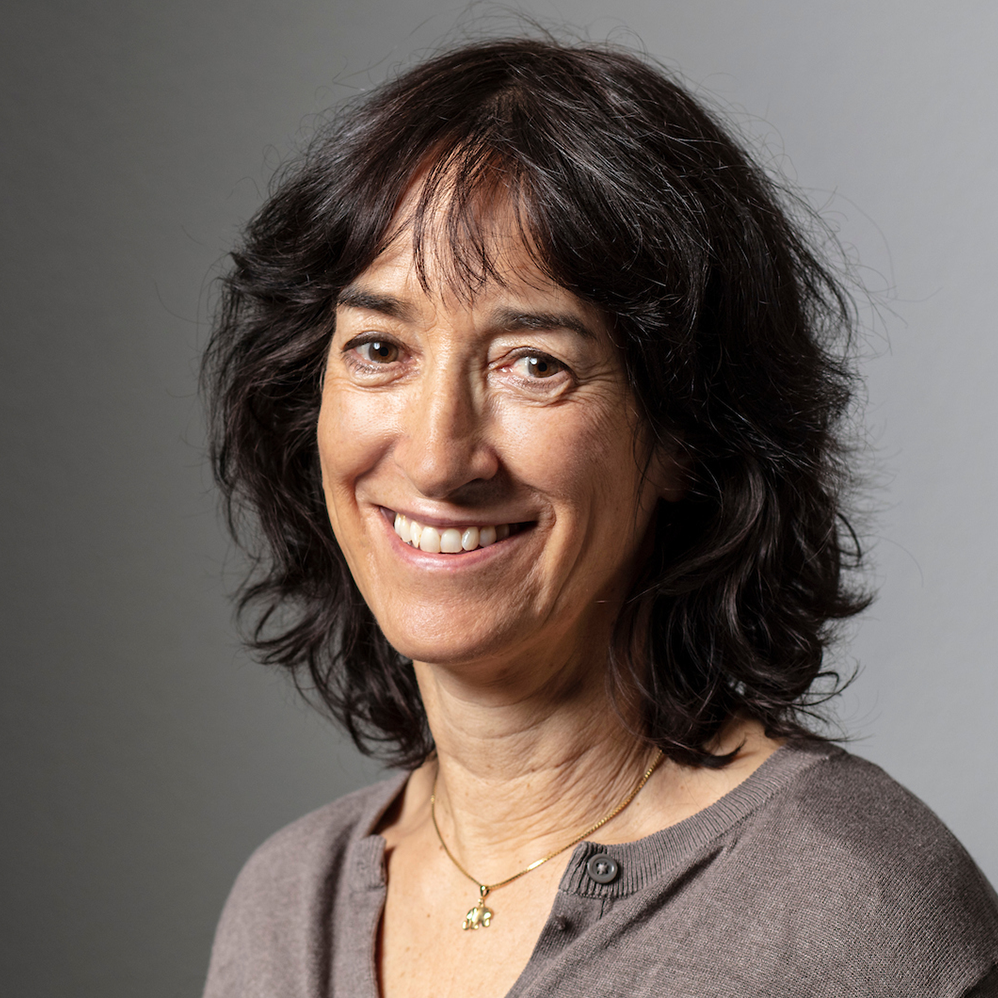

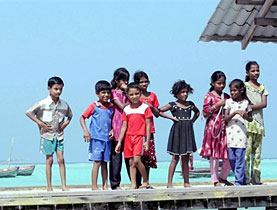
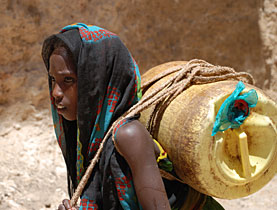
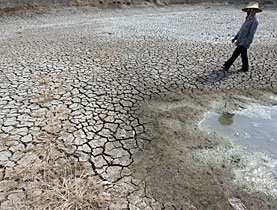
You can find an overview of ongoing debates with our journalists here. Please join us!
If you want to start a conversation about a topic raised in this article or want to report factual errors, email us at english@swissinfo.ch.